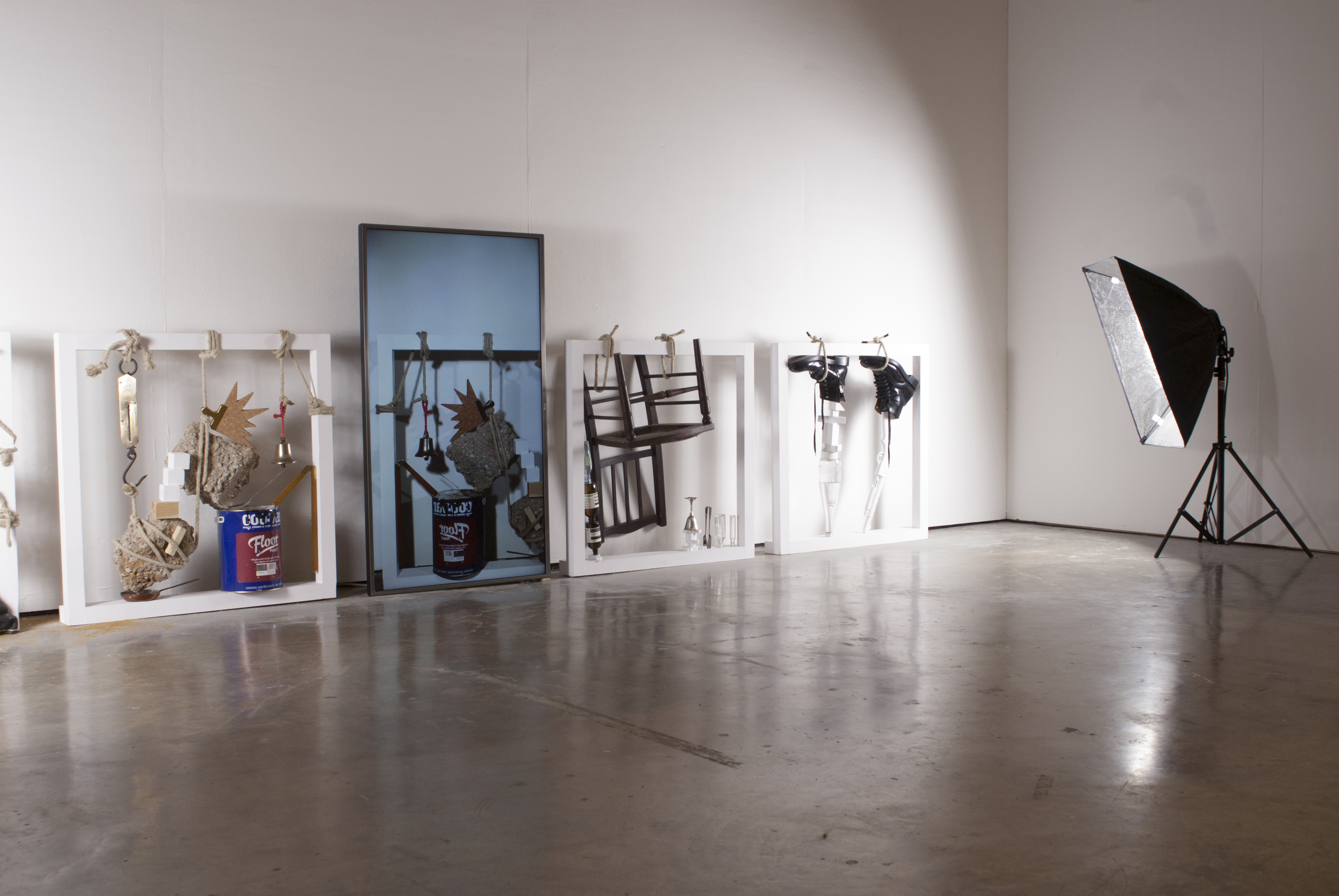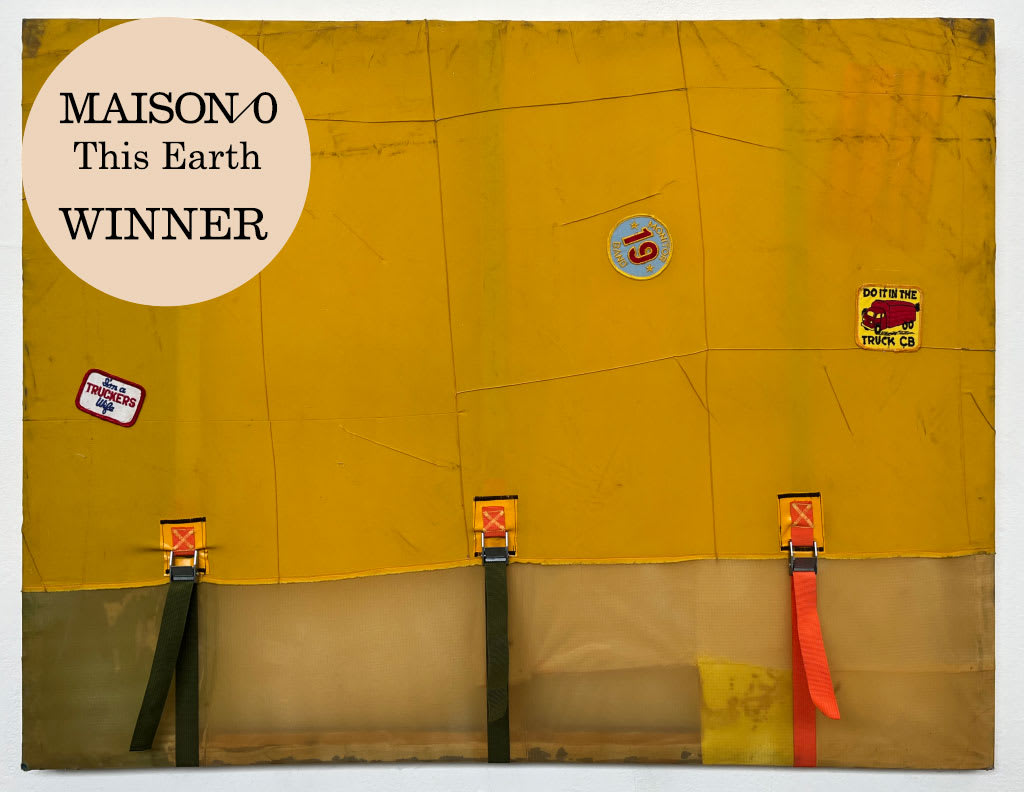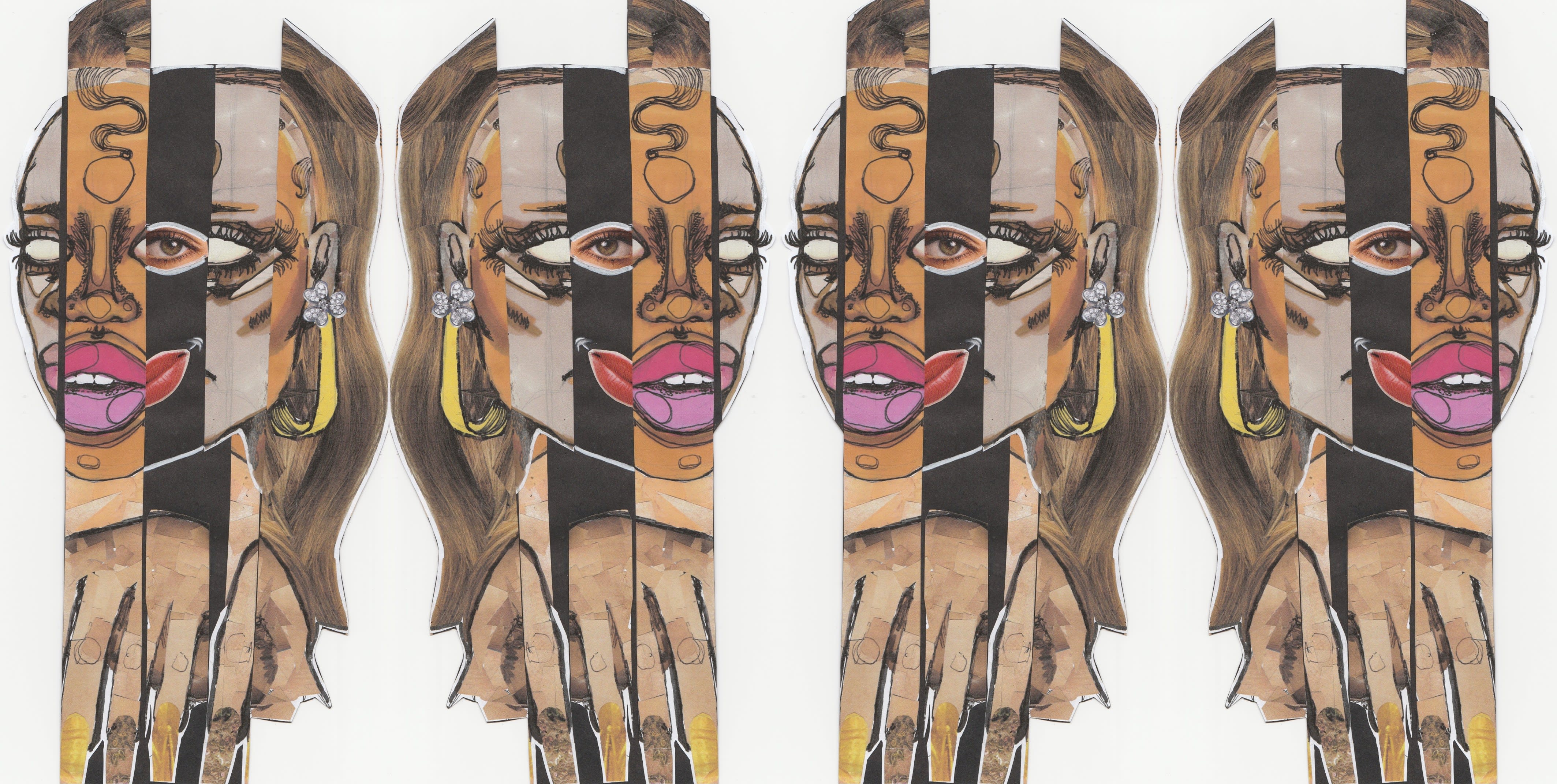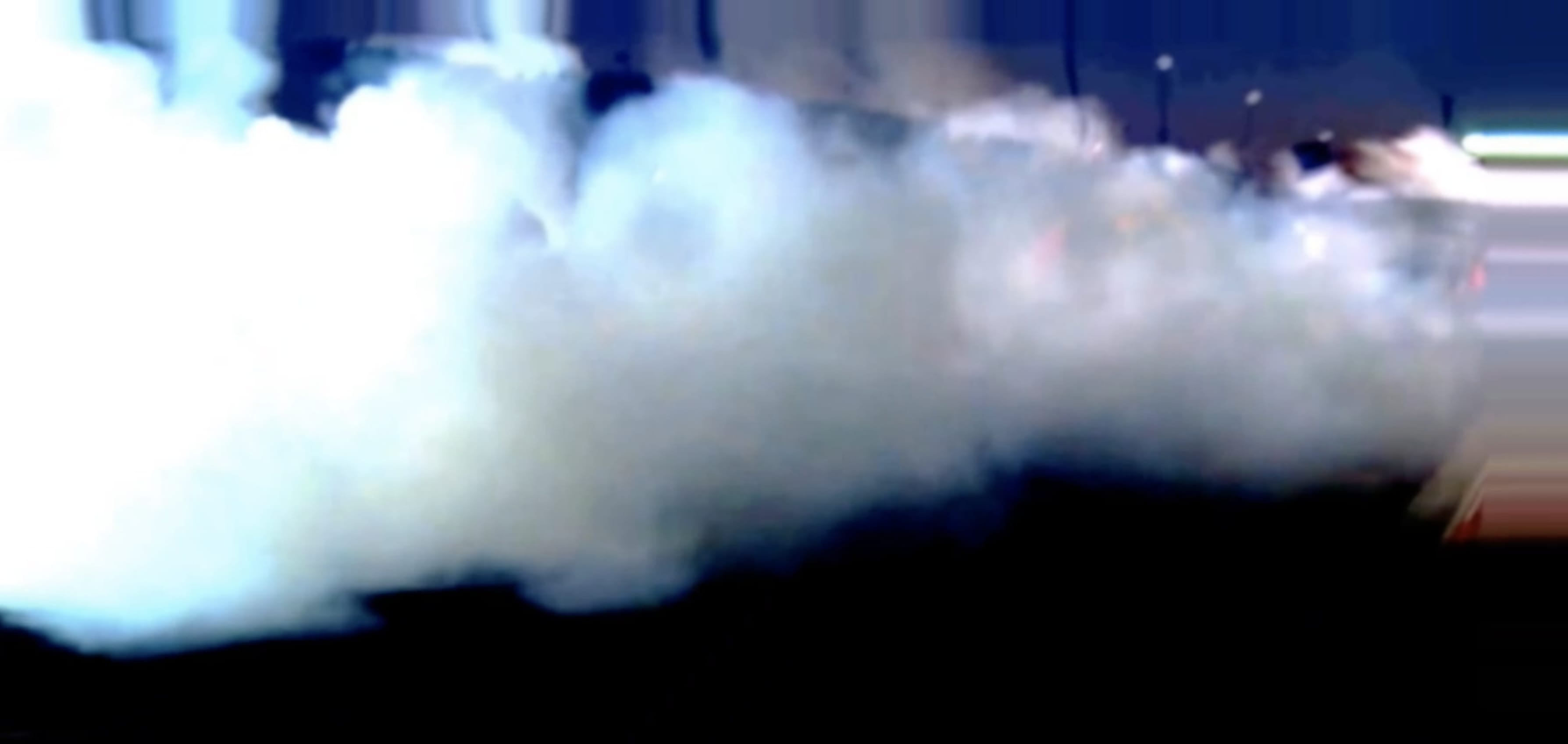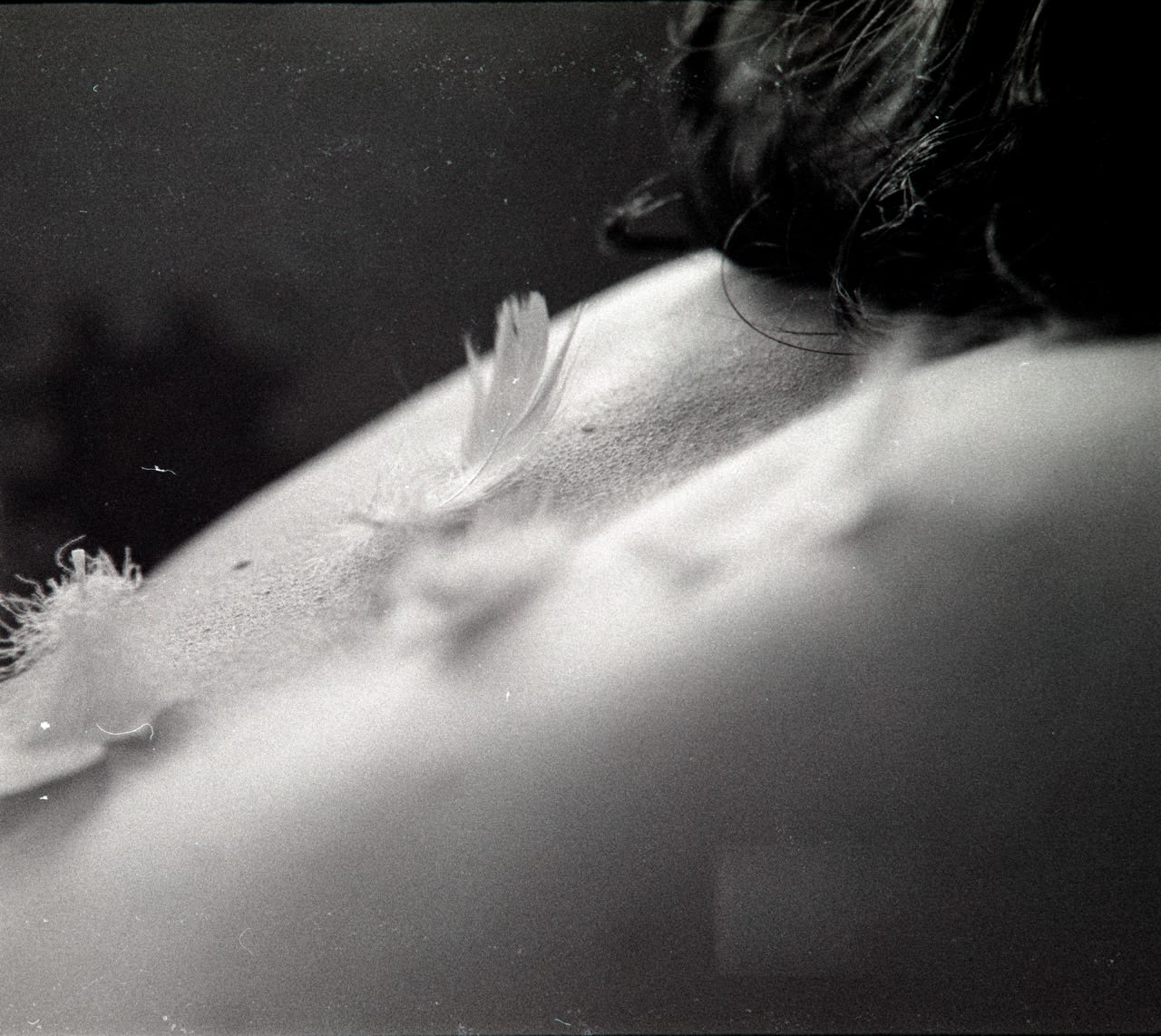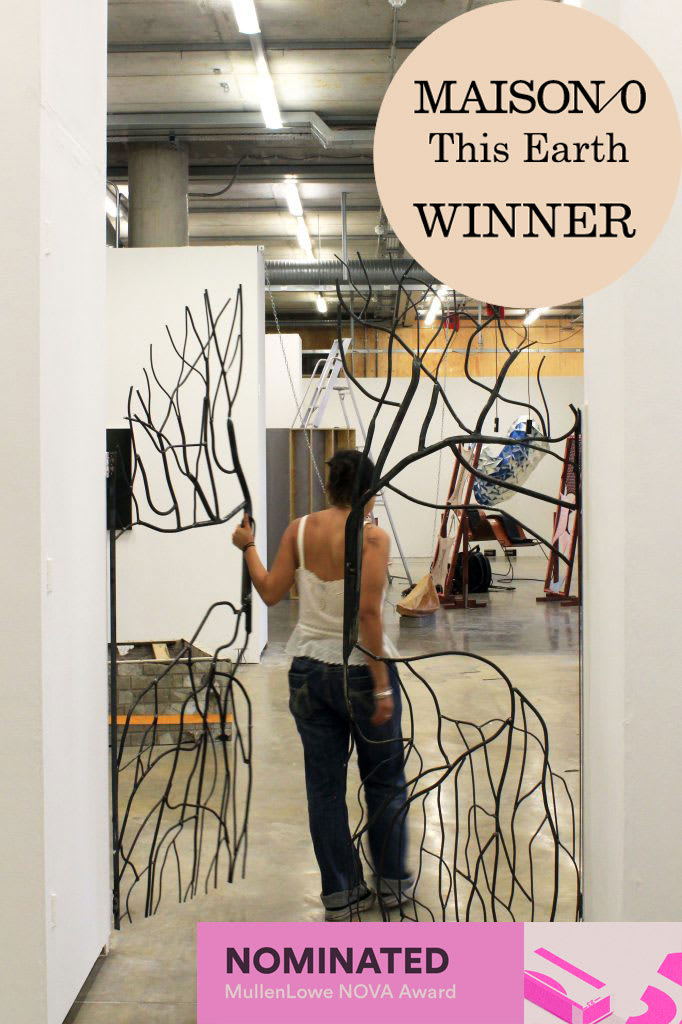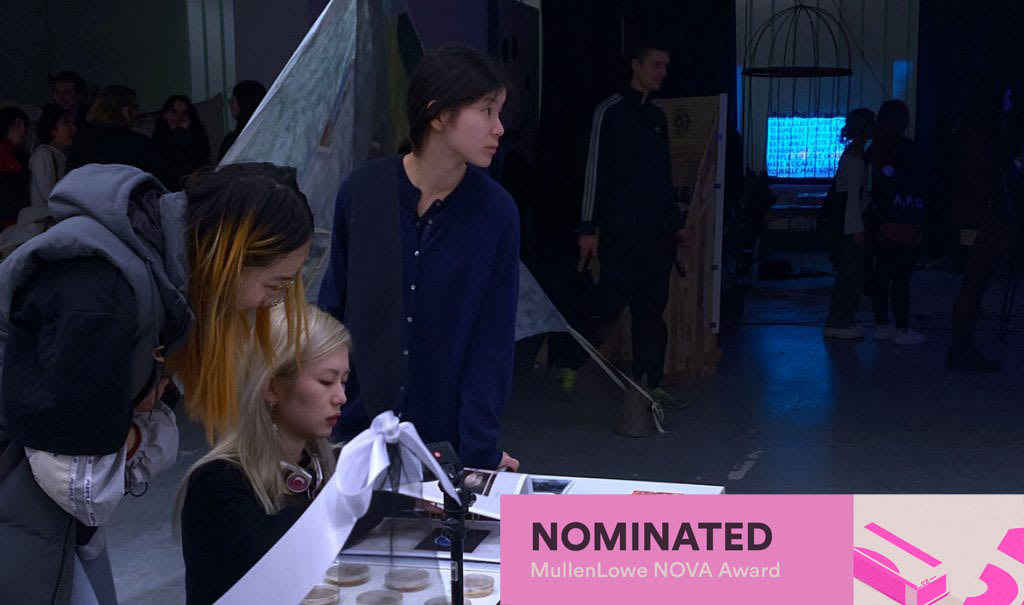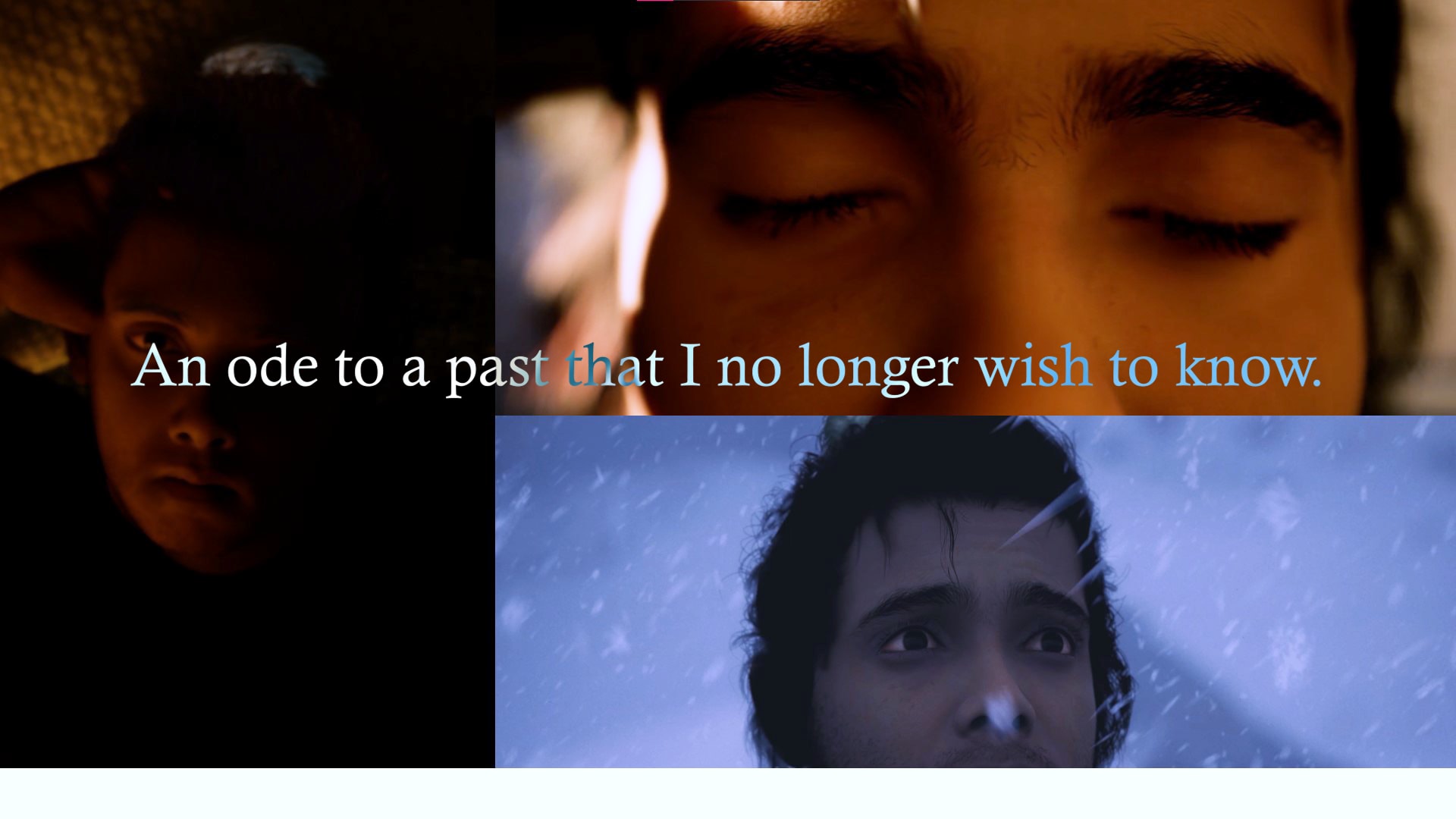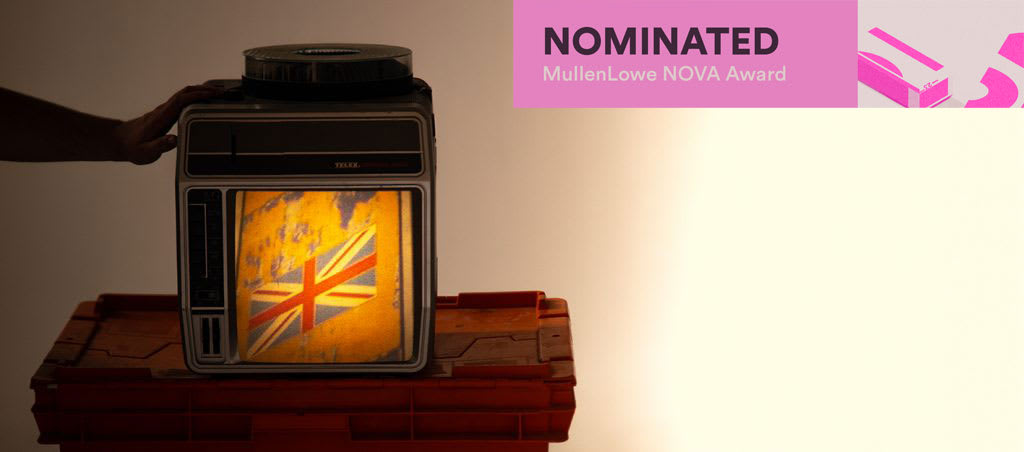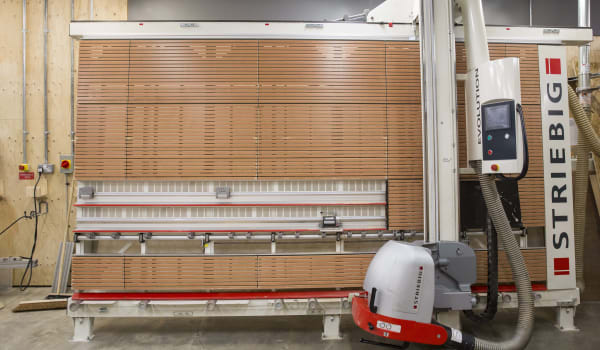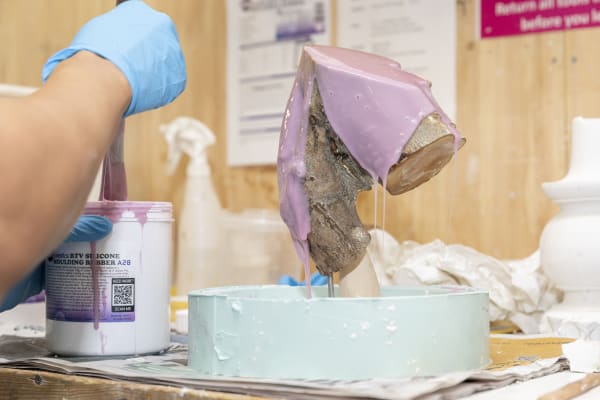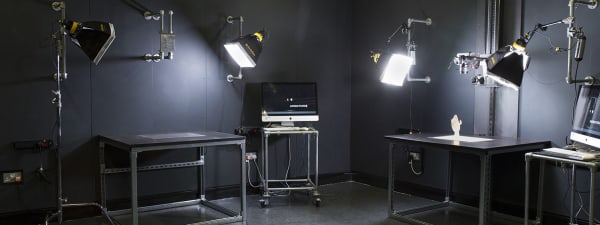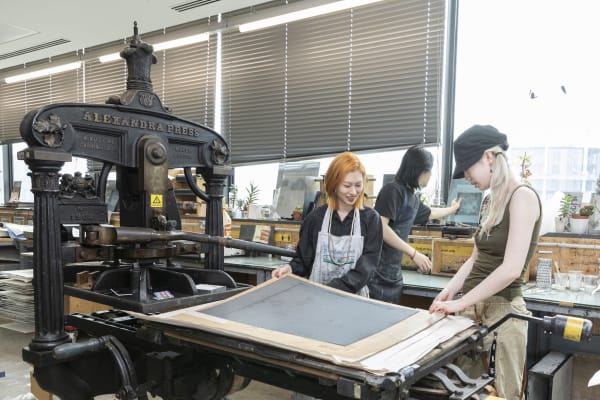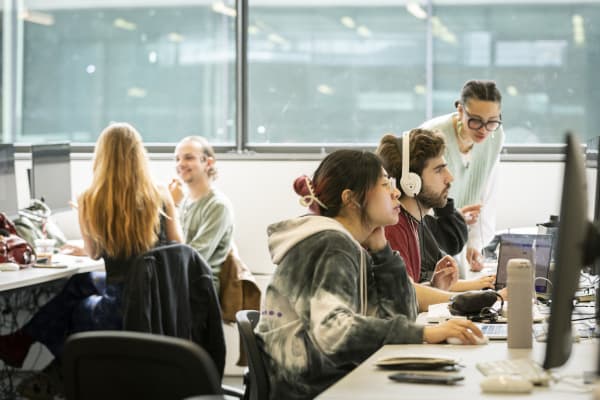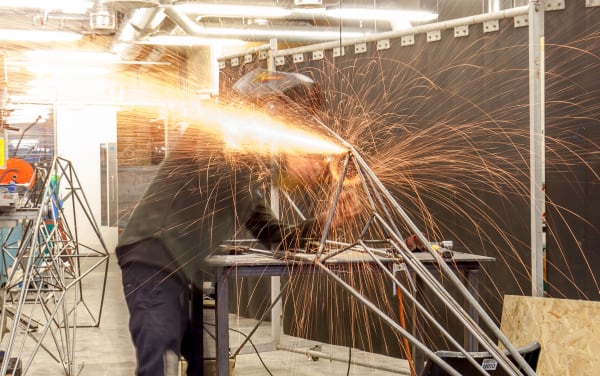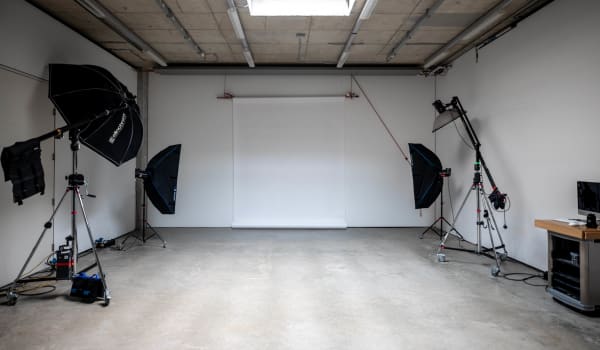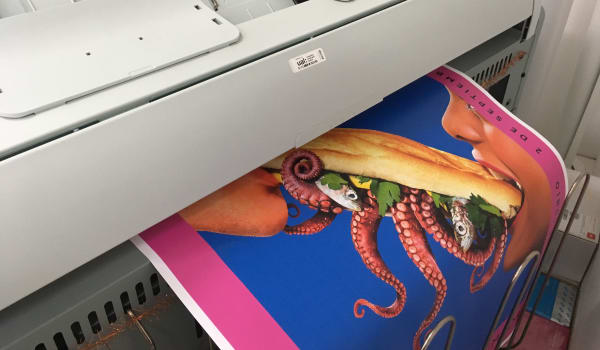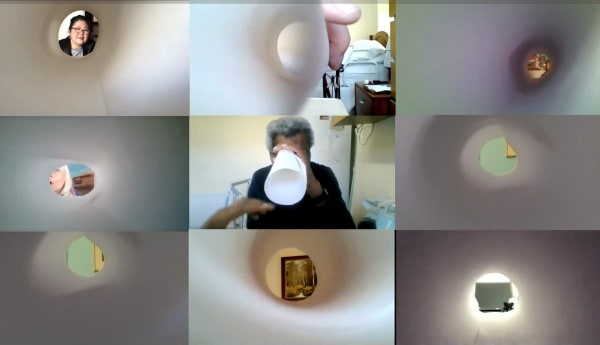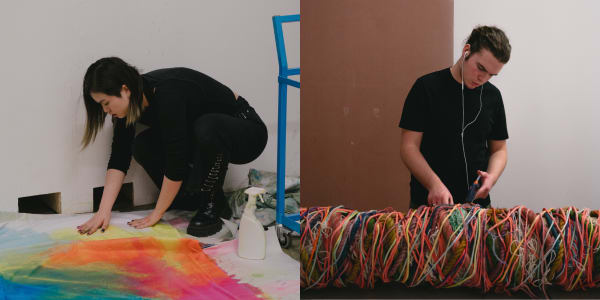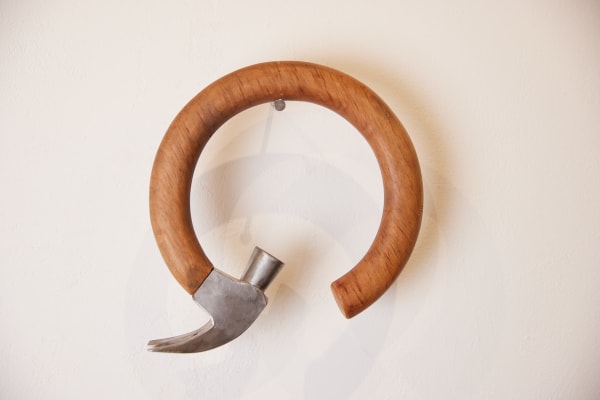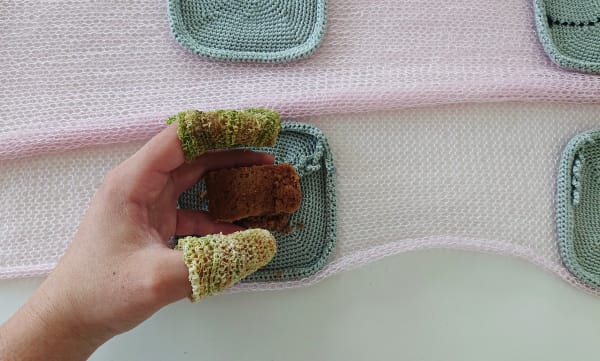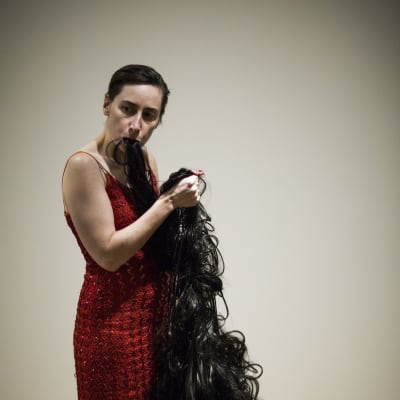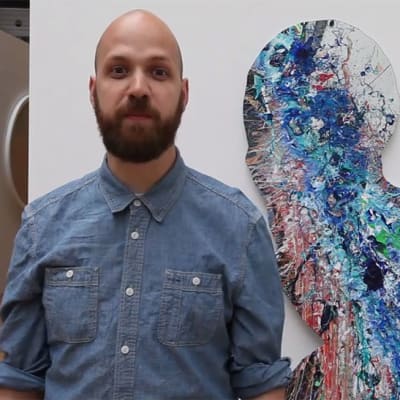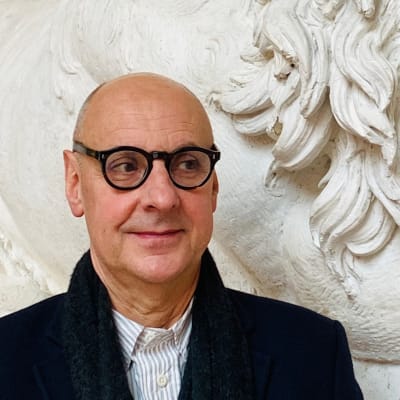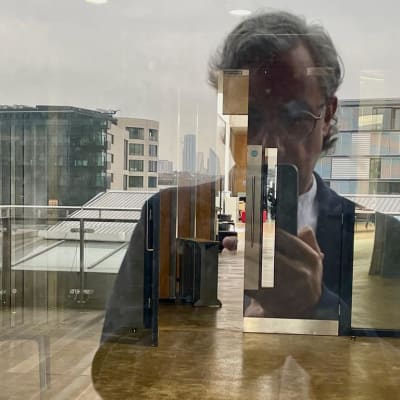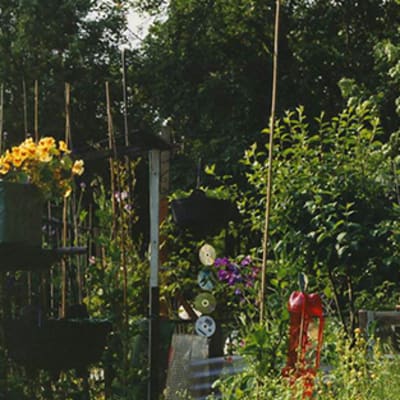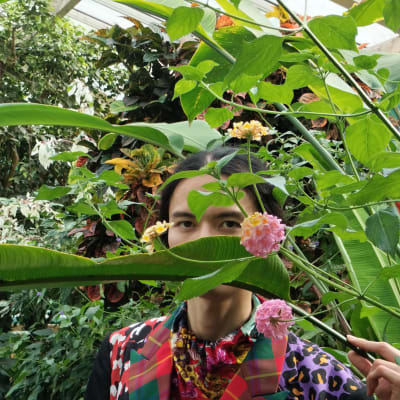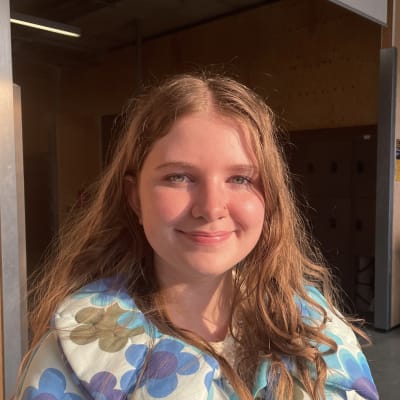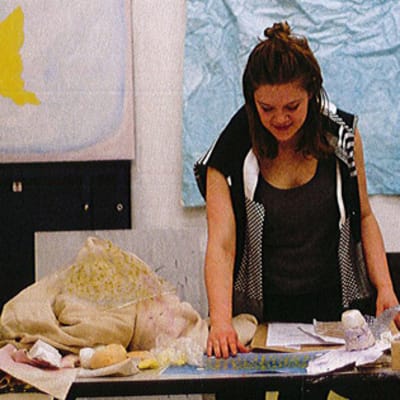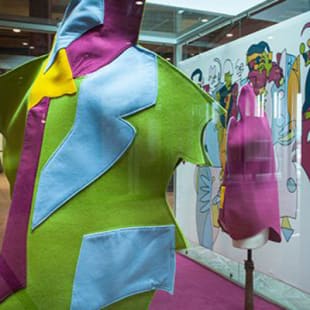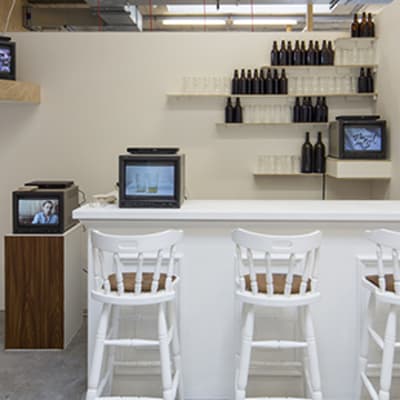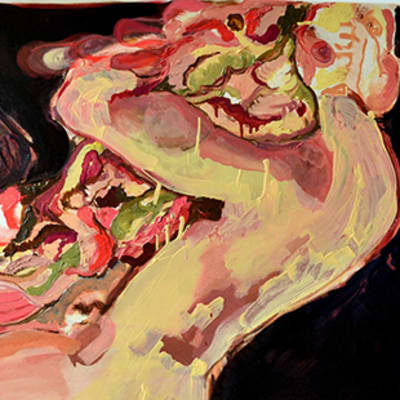Course units
BA Fine Art integrates studio practice, Critical Studies and Professional Development through teaching both within the Studio structure and across the year group at key moments. Students are allocated to a Studio at the start of the course however pathway transfer is possible.
Each Studio has a distinct culture that is orientated around particular discussions, themes and resources. As the student progresses through the course, the relationship between the Studios is progressively porous. We encourage students to take a fluid and flexible approach to their use of media and understanding of artistic discipline.
The Studios
The way we work and create starts with exploration speculation and enquiry and this takes place through materials, processes of making, dialogue and criticality. Theory and practice are understood in relation to one another, integrating both studio and contextual studies contexts.
2D explores how making is informed by contemporary culture, politics and social forms as much as by questions of the image and abstraction. It considers the screen, the picture plane and surface as fundamental aspects of visual production. Technical inductions are positioned in terms of these questions. In the studio, we discuss how diverse disciplines, practices and forms of thought can be mixed.
3D explores matter, scale, production, material and immaterial form in relation to place and audience. Students are inducted into a range of traditional and new 3D technologies, and to the debates surrounding hybrid production processes. The studio is a place where the reading, writing and creation of spaces can take place and be questioned. 3D challenges a conventional understanding of the studio, the exhibition and institutional spaces.
4D explores time-based, durational performative and interdisciplinary practices. Critical and philosophical positions are explored in relation to practice and current ideas such as the post- medium condition, the apparatus of technology and temporality are considered. The Studio is experimental in approach and explores how this might challenge conventions of practice. In this context, the ‘open work’ is engaged as a site where collaboration and production take place.
XD explores the possibilities of not only ‘what does art mean?’ but also ‘what can art do?’ and ‘where can art be?’ The implications of working across different sites and placing art in particular situations and communities questions the rights and responsibilities of the artist in relation to audiences and the environment. The studio is considered as a laboratory where ideas for interventions in the practice of everyday life can be generated.
Stage 1
Unit 1: What is an Art School?
Unit 2: What is a Studio?
Unit 3: What is Practice?
Unit 4: What is an Exhibition?
Stage 1 asks you to consider; Where do we make work and what is practice?
Starting with an introduction to Art School in which you will be guided through the various teaching methods and events deployed on the course. You will experience learning through each other, staff practice, staff networks, tutorials, lectures, critical discussion, seminars and self-directed study. Through this, you will actively shape and inform the teaching environment of the course.
The nature of the studio shifts in relation to what the studio community choose to do with it. You will be inducted to a wide range of workshops. Studio and Critical Studies staff will support you in beginning to identify interests and concerns that will nourish your practice as an artist.
By the end of Stage 1 you will have established ways of making in the studio appropriate to your interests and written your first essay. With the support of tutors, you will be able to confidently self-direct the development of your own work.
Stage 2
Unit 5: How Do We Make?
Unit 6: What is Reading?
Unit 7: How Can We Write?
Unit 8: How is Work Encountered?
Unit 9: Creative Unions
Stage 2 is about how we make work public.
You will continue to establish and develop your practice with an added emphasis on how and where to exhibit your work.
The year-group will have the opportunity to present work within the university in a number of cross programme curated exhibitions and open studios where the art programme opens its doors to the general public. You will also select from a range of external projects designed to further question the many ways in which you might make elements of your practice public.
Through the programme of Critical Studies lectures, discussions and gallery visits you will begin to engage with current ideas, practices and debates surrounding contemporary art. Moving from the work and ideas of others towards your own, you will learn to make connections with concerns specific to your practice and start to establish a habit of enquiry that directly supports your studio work, forms a part of it, and generates new ideas or thinking.
By the end of Stage 2, you will have identified a range of strategies for making your work public and begun to contextualise your practice exploring how your work might be publicly encountered.
Stage 3
Unit 10: What is your Research?
Unit 11: What is your Art Practice?
Stage 3 is about how you extend your practice beyond CSM.
Stage 3 will give you the tools to theoretically, culturally, politically and socially contextualise your work. You will be supported to identify strategies for establishing a sustainable practice beyond the course and empowered to plan your own career trajectory within the cultural industries.
There are only two units in this year, culminating in your research paper and a series of end of year events. These events are developed by students with the support of your staff and can take place both within the university and external locations.
The research paper and end of year events are strategically placed next to each other to give you both the agency and resources to address relevant public and professional realms.
The working week
The building and studios are vibrant and busy working environments where students learn together by being active and giving time to their studies. The course team will offer structured teaching and informal learning through events and projects. Students learn the best and are most productive when they are fully committed to their practice and to each other.
You should expect to spend 40 hours per week on independent and collaborative practice and in teaching events such as workshops and discussions.
Critical studies
Critical Studies is a key part of the course delivery, and will help you to consider the historical and theoretical structures within which art and artists' practices are situated and understood. It supports conceptual and practical exploration through the introduction of diverse approaches and discourses. An important aspect of Critical Studies is to support and develop your ability to articulate practice through forms of writing and related forms of presentation.
Critical Studies supports a student’s theoretical exploration and provides the methodologies and a conceptual framework for developing practice. This takes the form of lectures, seminars, tutorials, discussions, exhibition visits and presentations.
Through Stages 1 and 2 there are a number of different forms of written submission leading up to the research paper in Stage 3. Teams of critical studies and studio tutors jointly supervise this.
Diploma in Professional Studies
Between Stage 2 and Stage 3 of the course there is an option to take a year out and complete a Diploma in Professional Studies. This separate qualification (rated at 120 credits) involves researching, undertaking and reflecting on a 20-week (minimum) placement related to your professional interests and aspirations. The Diploma provides a valuable opportunity to make professional contacts and to develop your personal employability skills. In recent years BA Fine Art students have had placements at Tate Modern, the Royal Festival Hall, Anthony Gormley’s studio and the National Theatre.
Mode of study
BA Fine Art runs for 90 weeks in full-time mode. It is divided into three stages over three academic years. Each stage lasts 30 weeks. You will be expected to commit 40 hours per week to study, inclusive of teaching time and independent study.
Credit and award requirements
The course is credit-rated at 360 credits, with 120 credits at each stage (level).
On successfully completing the course, you will gain a Bachelor of Arts with Honours (BA Hons degree).
Under the Framework for Higher Education Qualifications the stages for a BA are: Stage 1 (Level 4), Stage 2 (Level 5) and Stage 3 (Level 6). In order to progress to the next stage, all units of the preceding stage must normally be passed: 120 credits must be achieved in each stage. The classification of the award will be derived from the marks of units in Stages 2 and 3, or only Stage 3, using a dual algorithm.
If you are unable to continue on the course, a Certificate of Higher Education (CertHE) will normally be offered following the successful completion of Level 4 (or 120 credits), or a Diploma in Higher Education (DipHE) following the successful completion of Level 5 (or 240 credits).
Should you choose to extend your study through the Diploma in Professional Studies, between Stage 2 and Stage 3 of the degree, your success will gain you an additional Diploma award.
